This section allows you to
- search publications by subject, keyword, publication date or type
- order the publications you are interested in by contacting us or through EU Publications, the online catalogue of publications of the European institutions
Filter by
Publications (208)
RSS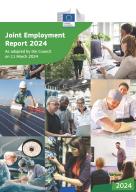
The report provides an annual overview of key employment and social developments in the Union and of Member States’ recent policy measures, in line with the Guidelines for the Employment Policies of the Member States.
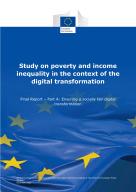
The published version of the final report of this study is composed of two documents (“Part A" and “Part B”). Part A of this study analyzes – through 27 country fiches – the extent to which each EU Member State is prepared for ensuring a socially fair digital transformation in the coming years, base

This study supports the evaluation of Decision (EU) 2018/646 of the European Parliament and of the Council of 18 April 2018 on a common framework for the provision of better services for skills and qualifications (Europass Decision).
In 2019, the European Union set a new, ambitious course towards a fair and inclusive Europe that protects its citizens and creates opportunities.
At the 2021 Porto Social Summit, EU leaders, institutions and social partners agreed to put social at the heart of our policies.
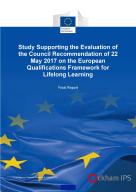
This independent, external study supports the European Commission in the evaluation of Council Recommendation of 22 May 2017 on the European Qualifications Framework for lifelong learning (2017 EQF Recommendation).
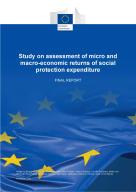
The main objectives of this study are to: Map existing methodologies and practices for measuring social protection expenditure returns, and to develop quantitative methodologies and assessments to contribute to plugging some of the identified methodological and empirical gaps.
The objective of the study is to gather evidence and to better understand the challenges, opportunities and trends in relation to the flexibility of working time and work location, with a focus on telework and the right to disconnect.

This annual report presents the latest findings on intra-EU labour mobility, offering updated insights into the trends observed in EU and EFTA countries using data from 2021 and 2022.

EU citizens, exercising their right to free movement, benefit from extensive transnational social protection through the application of the Regulations on the coordination of social security systems.
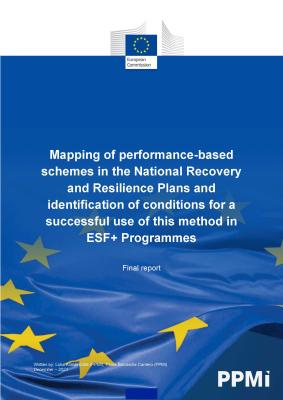
This study maps measures within the National Recovery and Resilience Plans (RRPs) of 12 EU countries and explores conditions for their successful adaptation to be funded as financing-not-linked-to-costs (FNLC) schemes for the European Social Fund Plus (ESF+).
